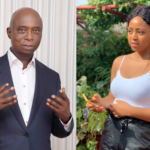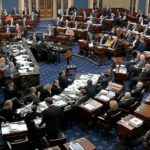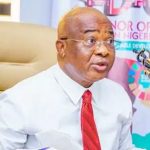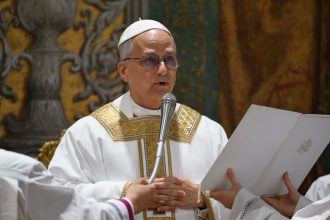About 600 million people across Africa still do not have access to electricity, according to new reports that show the continent’s growing energy gap despite its rich supply of renewable resources.
Experts warn the problem is becoming more urgent as Africa’s population is expected to double by 2050.
In a press release on Sunday, the European Union said affordable and sustainable energy remains one of Africa’s biggest challenges. The EU noted that although Africa has 60 percent of the world’s best solar potential, the continent receives only 2 percent of global energy investments because of high capital costs, weak infrastructure, and limited financing.
The EU added that the widening energy deficit continues to slow economic growth, weaken industrialisation, and leave millions of households without reliable power.
Across Nigeria, frequent blackouts, ageing transmission lines, and heavy dependence on generators still affect homes and businesses. Many rural communities remain entirely off-grid, while several states continue to rely on firewood and kerosene for cooking.
It is against this backdrop that Europe has led a major 15.5 billion euro investment campaign to support Africa’s clean energy transition and expand electricity access.
The year-long campaign was co-led by European Commission President Ursula von der Leyen and South African President Cyril Ramaphosa, working with Global Citizen and the International Energy Agency.
Of the total funds, the EU alone accounted for more than 15.1 billion euros.
President von der Leyen described the effort as a major step for Africa, saying, “Today, the world has stepped up for Africa. With 15.5 billion euros, we are turbocharging Africa’s clean-energy transition. Millions more people could gain access to electricity; real, life-changing power for families, for businesses, for entire communities.”
She added, “This investment is a surge of opportunity: thriving markets, new jobs, and reliable, clean energy that meets the needs of partners across the globe.”
Over 10 billion euros of the EU’s contribution was pledged on behalf of Team Europe, backed by Member States, the European Investment Bank with 2.1 billion euros, and the European Bank for Reconstruction and Development with 740 million euros.
Other commitments came from Italy with 2.4 billion euros, Germany with over 2 billion euros, the Netherlands with 250 million euros, Portugal with 113 million euros, Denmark with 81 million euros, Sweden with 44 million euros, Austria with 5 million euros, and Ireland with 5 million euros.
The EBRD also pledged over 600 million euros separately.
Outside Europe, the African Development Bank said it will commit at least 20 percent of the African Development Fund’s next replenishment to renewable energy. Norway also pledged about 53 million euros for 2026 to 2028.
Organisers say the total commitments are expected to generate 26.8 gigawatts of renewable energy and provide electricity access to 17.5 million households currently without power.
The campaign, “Scaling up Renewables in Africa,” was launched in November 2024 to mobilise financial and policy support for clean energy in line with COP28 goals to triple global renewable energy capacity.
Through the Global Gateway strategy and the Africa Europe Green Energy Initiative, the EU says it will keep working with African governments to expand renewable power generation, strengthen transmission lines, and grow cross-border electricity trade.











